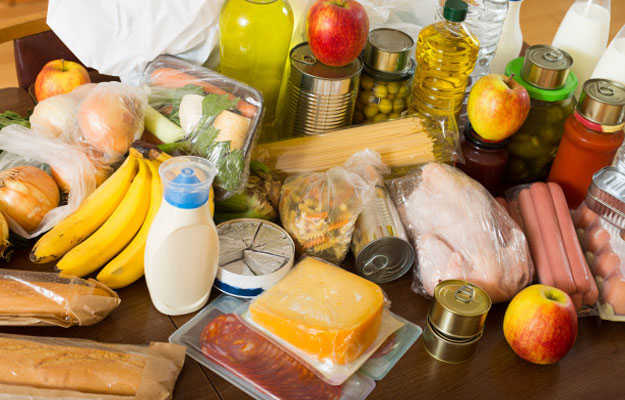Blood is needed to keep us alive. The different types of blood cells have different jobs. Red blood cells (RBCs) bring oxygen and nutrients to all the parts of the body so they can keep working. And haemoglobin is an important component of our RBCs. If your body becomes deficient in hemoglobin, you run the risk of developing serious health problems. In this article, we will discuss how to increase hemoglobin by adopting the correct diet. So let's find out the diet and foods to increase hemoglobin.
New Year Bumper Sale @ Rs. 1
X

- हिं - हिंदी
- En - English
- Treatment
-
- Skin Issues
- Acne
- Fungal Infection
-
- Hair Problems
- Hair Growth
- Hair Dandruff
- Self-Analysis
-
- Chronic Diseases
- Diabetes
- Heart Care
- Weight Loss
- Sleep Support
- Liver Care
- Stress & Anxiety
- Our Brands
- Doctor Consultation
- Medicine A-Z
-
Health A-Z
-
- Treatments
- Home Remedies
- Herbs
- Surgery
- Lab Test
- Therapy
- First Aid
- Ayurveda
- Homeopathy
-
- Yoga And Fitness
- Fitness
- Yoga
- Weight Loss
- Weight Gain
-
- Other Topics
- Baby Names
- Beauty
- Healthy Foods
- Tips
- Health News
- Pet Health
- Men Health
- Medical Cannabis
- Login / Sign Up































